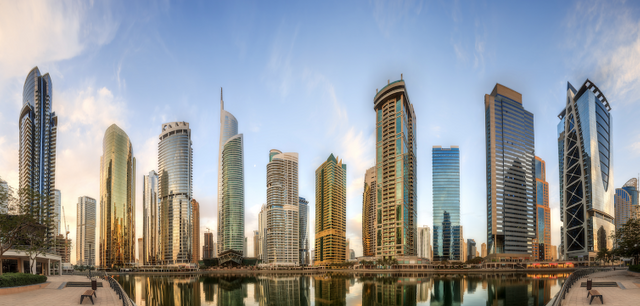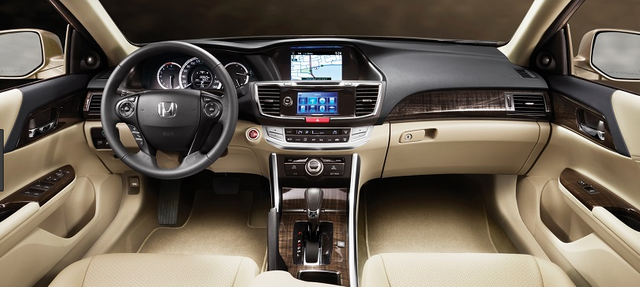The education system in UAE is divided into three categories; public schools, private schools and higher education. Ministry of Education (MoU) oversees all United Arab Emirates based educational councils and officials.

Established in 2005, Abu Dhabi Education and Knowledge Department (ADEK), it was now known as Abu Dhabi Educational Council (ADEC) and was primarily responsible for the management and Abu Dhabi's government schools. It also serves as a regulatory body, which provided licensing and approval for private schools in Abu Dhabi, Al Ain and Western Emirates, which includes minimum standards, educational outcomes, health, safety, building and site requirements. In September 2017, ADEK was built as a government department, and was named Department of Education and Knowledge (ADEK) as a decree issued by President Sheikh Khalifa. ADEK announced the United Arab Emirates’ educational system's standard capacity to support the unified and highly performing academy throughout the United Arab Emirates. The academic school model in all the riches will unite the project by the educational sector.
KHDA (Knowledge and Human Development) in Dubai – Established in 2006, KHDA is responsible for inspecting all private schools in Dubai to ensure proper quality of education, from early learning to higher and continuing education.
Education in UAE is a top priority. The UAE Vision 2021, launched in 2010, emphasized the development of the first rate education system. In this way, this sector continues to expand rapidly. It is hoped that in the "2018 report released by the Boston Consulting Group (BCG) in" GCC private education now ", according to the 2018 report in the United Arab Emirates' educational market from $ 4.47 billion to 2017 $ 7.1 billion will increase. In relation to Vision 2021, the United Arab Emirates Ministry of Education (MOE) has developed a strategy of 2020, which is designed to improve the design system. Smart learning programs, new teachers' codes, licensing and diagnostic systems, as well as correction of curriculum, including English are all part of the strategy, including mathematics and science through English.

The United Arab Emirates Federal Budget for 2018 appropriated $ 2.8 billion for General, Higher and University Education programs, which represents 20 percent of the total budget. Due to the nature of the immigration population of the United Arab Emirates, parents prefer to admit their children to international schools. Therefore, demand for private education has increased, which leads to the strengthening of overall development in the education sector. According to the BCG report, during the next five years, in the United Arab Emirates, private school enrollments increase by 56% to almost 66%.
According to the BCG report, there are currently no international private schools with a foreign institution of international private schools low and medium fees with high and premium range fees in Dubai. In 2017, schools, with high and premium range fees, allegedly promote advertisements, apply loyalty programs, and attract their students by more than 33% Started to slow down.
In December 2018, education officials at Abu Dhabi announced that in the next three years, 10 new schools would offer affordable fee structure under the next three years. According to academic experts and consultants, Sharjah emirates require 5,500 to 9,500 US dollars with cheap schools.

Make visit of Dubai with Rental Cars UAE if you are planning to teach your children in the city or want to conduct research on the educational system of Dubai. Do not forget to rent car on Cheap Rent a Car Dubai.
Authors get paid when people like you upvote their post.
If you enjoyed what you read here, create your account today and start earning FREE STEEM!
If you enjoyed what you read here, create your account today and start earning FREE STEEM!